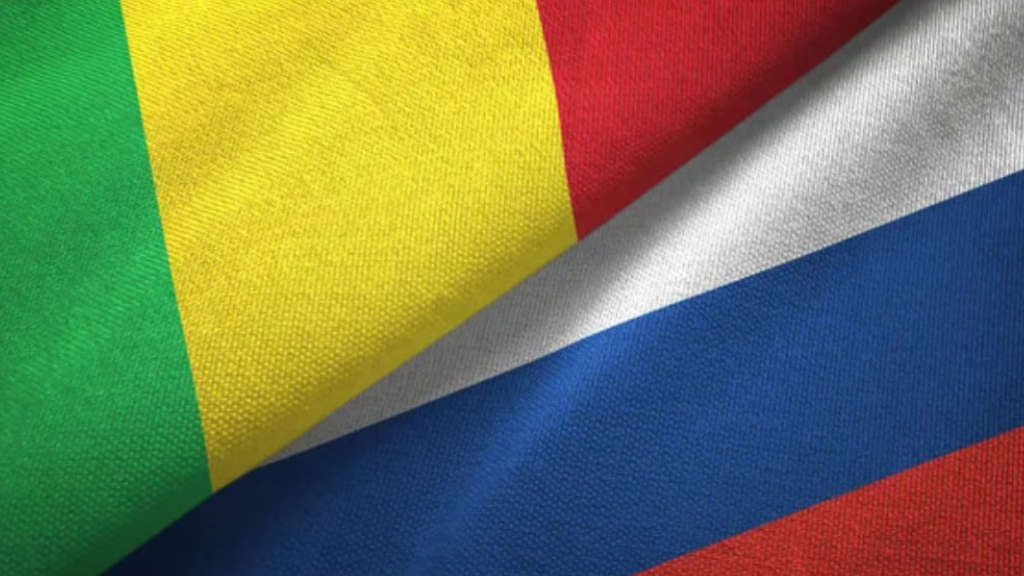The Russian Foreign Minister, Sergey Lavrov, has met with Mali’s Foreign Minister, Abdoulaye Diop, in Moscow. The meetings are part of a three nation group of Mali, Burkina Faso and Niger, all part of the Sahel region of West Africa. They are all military juntas, have all become highly dissatisfied with their colonial connections with France and Europe, and have all recently established the Alliance of Sahel States (AES) a regional trade bloc that came into existence from January 1st this year after all left the ECOWAS bloc.
The reference to Ukraine has come after Mali accused Kiev of being involved with supplying weapons to Western-backed insurgents fighting in the north of the country. In early August 2024, Mali and Niger severed diplomatic relations with Ukraine. Two weeks later, Mali, Niger and Burkina Faso sent a letter to the UN Security Council asking it to take action against Ukraine because of Kiev’s support for terrorism in Africa, particularly in the Sahel. Several African countries have also expressed concern that Western weapons sent to Ukraine are making their way to the African continent and falling into the hands of local terrorists. Kiev has dismissed these allegations as ‘unfounded’.
The three AES countries have a combined GDP of about US$195 billion. All however have significant mineral reserves and wealth creation potential – if they can resolve the regional fighting. The immediate economic outlook for AES countries is also positive, with GDP (PPP) growth rates at 5.5% for Burkina Faso, 4% for Mali, and 10% for Niger, with the latter being the 3rd fastest growing economy in the world and the fastest growing economy in Africa in 2024.
Mali is one of Africa’s top cotton producers, and key agricultural products include millet, sorghum, rice, and maize. Cotton remains a significant export commodity, contributing substantially to the country’s foreign trade. Mining is another crucial industry, with Mali being the third-largest gold producer in Africa. Mali also has significant reserves of uranium, bauxite, phosphates, iron, lithium, and manganese. Gold currently constitutes around 80% of the country’s exports, with this one of the reasons the French have been reluctant to depart and are creating security problems hoping to introduce a change in government.

Lavrov said Russia was ready to help “strengthen Mali’s combat capability”, and train soldiers and law enforcement officers. He added that Moscow could help the AES countries form a joint armed force “by organizing special courses, by using instructors who are already working in large numbers in the countries” and by “supplying military production.”
Lavrov and Diop also discussed bilateral cooperation in trade, economic, humanitarian and cultural areas. Russia and Mali 2024 bilateral trade reached about US$80 million, with Russia exporting mainly wheat and fertilizers. However, Mali has been invested in Russian-built satellites and military equipment, while Russian companies have also invested in wind power farms in the country. Trade can be expected to increase as the Sahel region becomes more reliant on Russia in the wake of the withdrawal of French support assuming security needs can be met.
Further Reading

 Русский
Русский














